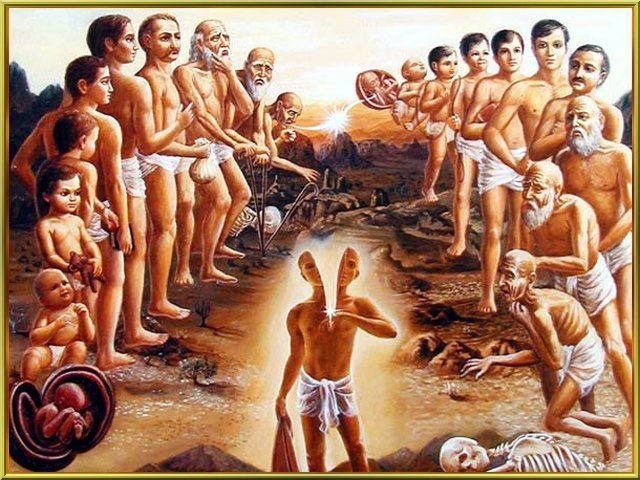Verse 36
avācya-vādāṁś ca bahūn vadiṣyanti tavāhitāḥ
nindantas tava sāmarthyaṁ tato duḥkhataraṁ nu kim
Word-by-Word Meaning:
| Sanskrit | Meaning |
|---|---|
| avācya-vādān | offensive / unmentionable words |
| ca | and |
| bahūn | many |
| vadiṣyanti | will speak / will say |
| tava | your |
| ahitāḥ | enemies / ill-wishers |
| nindantaḥ | criticizing / slandering |
| tava | your |
| sāmarthyam | ability / competence |
| tataḥ | than that |
| duḥkha-taram | more painful |
| nu kim | what could be (more) |
Your enemies will speak many unmentionable words, insulting your strength and abilities. What could be more painful than that?

Expanded Commentary:
In this verse, Lord Krishna deepens the emotional and social consequences of abandoning duty:
- He points out that enemies (ahitāḥ) will take advantage of Arjuna’s withdrawal to insult and ridicule him.
- These won’t be light criticisms, but “avācya-vādān”—words so shameful they can’t even be repeated in polite society.
- Even more hurtful than dishonor is the mockery of one’s ability (sāmarthyam).
- Krishna asks Arjuna: What could be more painful than this?—rhetorically implying nothing.
This verse appeals directly to kṣatriya honor and emotional pride, reminding Arjuna that stepping back now invites public ridicule far more painful than death or loss.
Symbolic Meaning:
| Term | Symbolizes |
|---|---|
| Avācya-vādān | The harsh judgment of society; shameful gossip |
| Tava Ahitāḥ | Inner critics, enemies, or karmic forces opposed to dharma |
| Nindantaḥ Sāmarthyam | Denial of one’s divine strength; spiritual belittling |
| Duḥkhataraṁ | Greater sorrow than death—loss of honor and purpose |
Philosophical Insights:
- Loss of Dharma Opens the Door to Defamation:
- When one fails their spiritual responsibility, they become vulnerable to criticism.
- Enemies Reflect Inner Conflict:
- These “enemies” can also be symbolic of self-doubt, fear, and regret that arise when we abandon truth.
- Spiritual Slander Is Deeply Harmful:
- It’s not just physical loss but loss of credibility and faith that causes true suffering.
- One’s Dharma Protects Their Honor:
- As long as you walk your dharma, the world may question you, but they can’t defeat your spirit.
Practical Application:
- Do not run from responsibility, even when it feels emotionally or morally complex.
- Realize that avoiding your path can invite criticism that cuts deeper than the challenge itself.
- Self-respect is anchored in living truthfully; surrendering that is more painful than facing any battle.
- Recognize when fear of criticism is actually rooted in self-betrayal, and re-align with your purpose.
Reflection Questions:
Am I holding back from a righteous path due to fear of public judgment or failure?
What kind of criticism do I fear most—and what does that say about my inner values?
How can I stay true to my abilities and dharma, even when others doubt me?
Do I fear external insults more than internal dishonor?
Conclusion:
Krishna delivers a piercing truth here: Avoidance of rightful duty leads not to peace, but to humiliation and sorrow. The slander of enemies, mocking your strength and purpose, is a fate worse than battle.
Thus, Arjuna is called not just to fight, but to stand in the full glory of his purpose, unmoved by fear or insult. This verse is a reminder that living in alignment with dharma protects you from the greatest of sorrows—dishonor of the soul.
